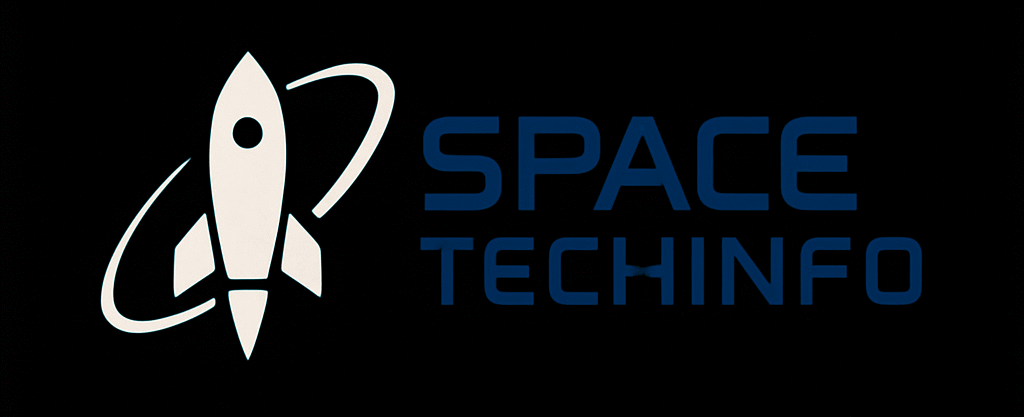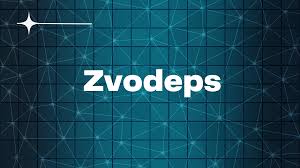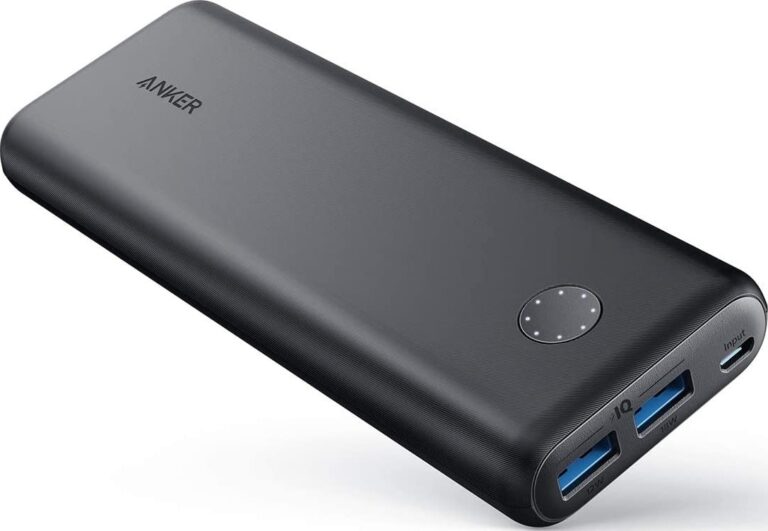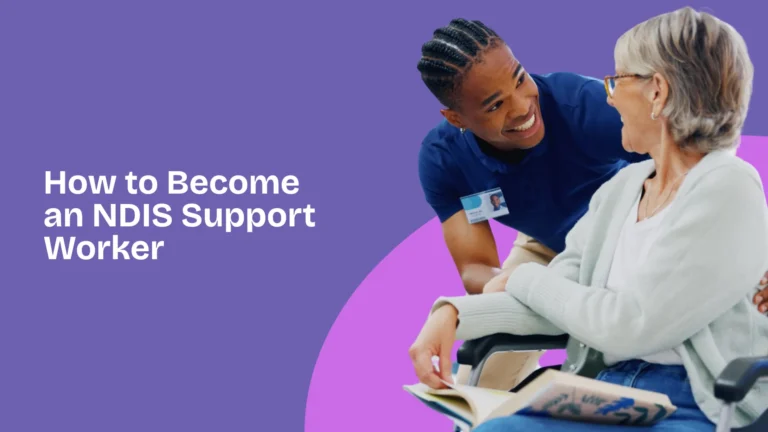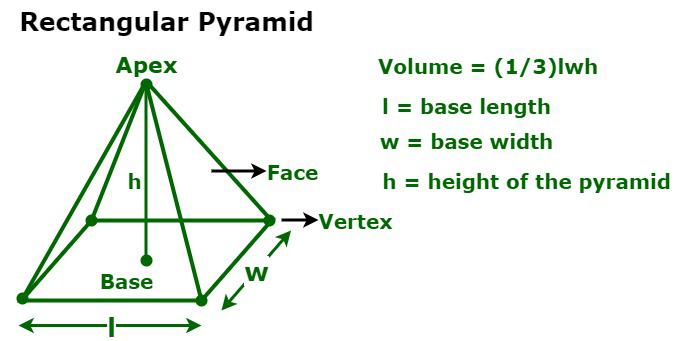
The world of work is undergoing a dramatic transformation. Once driven by human hands and minds, industries are now increasingly powered by algorithms, data, and intelligent machines. Automation and artificial intelligence (AI) are not just changing how we work — they’re reshaping what it means to have a job in the first place.
From factories to finance, from marketing to medicine, technology is redefining roles, skills, and opportunities. The question is no longer whether AI will impact jobs — it’s how

deeply and how fast.
The Rise of the Machine Workforce
Automation has been around for decades, but recent advances in AI have supercharged it. Tasks that once required human decision-making — like diagnosing diseases, analyzing contracts, or even writing reports — are now being performed by intelligent software.
Manufacturing led the first wave of automation, replacing repetitive manual labor with robots. The second wave, powered by AI, is different: it’s targeting cognitive work. Machines can now “learn” from data, make predictions, and even generate content, allowing automation to move beyond the factory floor into offices, hospitals, and classrooms.
For example:
- Chatbots now handle customer service queries once managed by entire call centers.
- AI-driven analytics help financial firms detect fraud and forecast market trends.
- Robotic surgery systems assist doctors in performing complex medical procedures with precision.
Automation isn’t just replacing work — it’s redefining it.
Jobs at Risk — and Jobs Being Created
There’s no denying that automation will disrupt employment. According to a recent McKinsey report, by 2030, up to 30% of global work hours could be automated. Sectors involving routine or repetitive tasks — like data entry, assembly line work, and logistics — are the most vulnerable.
However, the story doesn’t end there. Automation also creates new jobs and industries. For every task machines take over, new opportunities arise in AI development, data science, robotics maintenance, cybersecurity, and digital design.
For instance:
- The AI economy has led to surging demand for machine learning engineers, data analysts, and AI ethicists.
- Automation technicians and robot operators are needed to build, manage, and repair automated systems.
- Even creative fields are evolving — designers, writers, and filmmakers now use AI as a tool to expand imagination rather than limit it.
In essence, AI doesn’t just eliminate jobs — it changes their nature, requiring humans to develop new, adaptive skill sets.
Humans and Machines: A Collaborative Future
The future of work isn’t a battle between humans and machines — it’s a partnership. The most successful organizations will be those that combine human creativity with machine efficiency.
AI excels at analyzing vast amounts of data and performing repetitive tasks quickly and accurately. Humans, on the other hand, bring empathy, ethics, and emotional intelligence — qualities machines cannot replicate. Together, they can achieve more than either could alone.
In healthcare, for example, AI systems can analyze thousands of patient records to identify patterns, while doctors use that insight to provide personalized care. In marketing, AI predicts customer preferences, but humans craft compelling stories that connect emotionally.
This collaboration model — often called “augmented intelligence” — emphasizes that AI should enhance, not replace, human capability.
The Skills Revolution: What the Workforce Needs Next
As automation and AI reshape jobs, reskilling and upskilling have become essential. The workers of the future must master both technical and soft skills to stay relevant.
Key skills that will be in demand include:
- Digital literacy – understanding how to work with AI tools and data systems.
- Critical thinking – evaluating complex information and making sound decisions.
- Creativity – using imagination to innovate in areas where machines cannot.
- Adaptability – continuously learning and adjusting to new technologies.
- Emotional intelligence – communicating, leading, and empathizing effectively in hybrid workplaces.
Governments and organizations worldwide are already investing heavily in reskilling programs. Tech companies like Google and Microsoft, for instance, offer free AI and data courses to prepare workers for the digital economy. The goal is to build a workforce that can evolve alongside technology — not be replaced by it.
The Remote and Hybrid Revolution
Automation isn’t the only force transforming work — the digital revolution has also made where we work more flexible. Cloud computing, AI collaboration tools, and automation platforms have fueled the remote and hybrid work revolution, accelerated by the COVID-19 pandemic.
AI tools now automate scheduling, document creation, and communication, making it easier for global teams to collaborate seamlessly. Meanwhile, automation is reducing repetitive office tasks, freeing workers to focus on higher-level thinking and creativity.
This shift is also reshaping organizational culture: productivity is measured less by time spent and more by outcomes achieved. As a result, future workplaces will be smarter, leaner, and more human-centered.
The Ethical Dimension: Balancing Progress with Responsibility
While automation offers efficiency and growth, it also raises ethical concerns. Who benefits from automation — and who gets left behind?
Companies adopting AI must ensure fairness, transparency, and inclusivity. Governments will need to design policies that protect workers, encourage responsible AI development, and support social safety nets for those displaced by automation.
Equally important is the need for AI ethics and accountability — ensuring that algorithms make unbiased decisions and that human oversight remains integral. Technology must serve humanity, not the other way around.
Conclusion: Redefining the Meaning of Work
Automation and AI are not the end of work — they mark the beginning of a new era. Just as the industrial revolution replaced manual labor with mechanical power, the AI revolution is shifting human focus from repetition to innovation.
The jobs of tomorrow will rely less on physical effort and more on human insight, creativity, and collaboration with machines.
The future of work is not about humans versus technology — it’s about humans empowered by technology. The challenge ahead is ensuring that this transformation leads to shared prosperity, lifelong learning, and a workforce ready to thrive in an intelligent world.
